Thinking about a career in forensic nursing? As a forensic nurse, you’ll work at the powerful intersection of healthcare and the legal system—providing compassionate care to victims of violence while collecting evidence that supports criminal investigations. This in-demand nursing specialty is growing rapidly, offering opportunities in sexual assault response, death investigations, corrections, and more.
In this guide, you’ll learn everything you need to know about forensic nursing, including how to become a forensic nurse, salary expectations, required certifications, and career paths in this growing nursing specialization.
What is Forensic Nursing?
Forensic nursing is a specialized field where healthcare and the legal system meet. In this role, registered nurses or advanced practice registered nurses receive extra training to care for victims of violence or abuse while collecting and preserving evidence.
Forensic nurses are registered nurses who conduct trauma-informed exams (such as sexual assault exams), carefully document injuries, and gather physical evidence (blood/swabs, clothing, photographs, etc.) that can be used in court. In short, forensic nurses provide both compassionate patient care and critical forensic support – from emergency rooms to courtrooms – whenever a crime or injury intersects with health care.
While Sexual Assault Nurse Examiners (SANEs) are probably the best-known within the field, forensic nurses provide services in various fields where health care and the law intersect. This includes domestic violence, child and elderly abuse, human trafficking, death investigations, and human-made and natural disasters.
History of Forensic Nursing
Forensic nursing is a young but rapidly growing specialty. It was first introduced as a formal discipline in 1992 by pioneers Virginia Lynch and Dr. Linda Ledray in Minneapolis, MN.
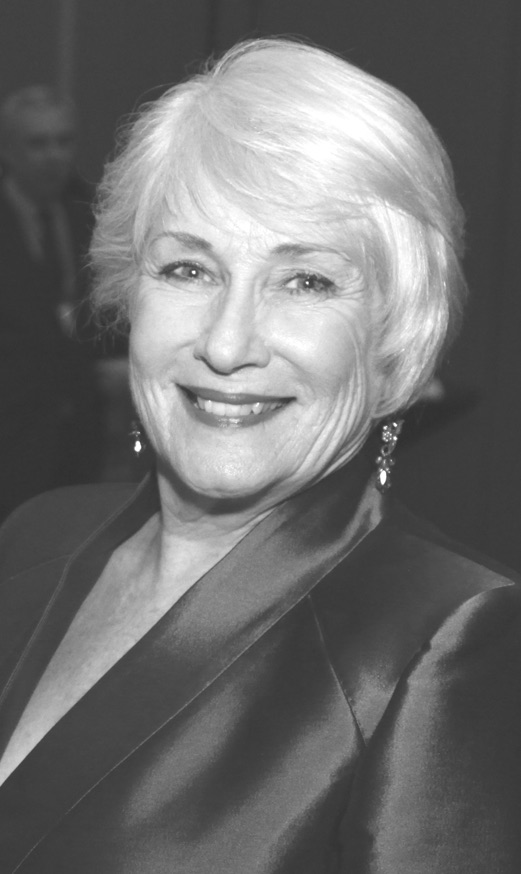
Lynch’s passion began after a visit to a crime lab, where she learned the importance of evidence and how healthcare professionals are unintentionally obstructing justice: “When I asked the police if the person who abused, raped, or killed these patients would be caught and punished, they told me it was unlikely because the doctors and nurses lost and destroyed the evidence,” Lynch said. “It had never occurred to me that the healthcare professions were unintentionally obstructing justice.” Lynch helped create the first forensic nursing graduate program and founded the International Association of Forensic Nurses (IAFN) in 1992.
Dr. Ledray, on the other hand, founded the nation’s first Sexual Assault Resource Service (SARS) in 1977 – one of the nation’s first Sexual Assault Nurse Examiner programs and directed it while teaching at the University of Minnesota.
The American Nurses Association (ANA) formally recognized forensic nursing as a specialty in 1995, and subsequent years brought new standards and certifications. For example, IAFN launched its Journal of Forensic Nursing and first SANE certification tests in the early 2000s. Today the field includes thousands of professionals worldwide, a testament to its growing importance in healthcare and justice.
Forensic Nursing Specialties
Within forensic nursing, several specialty roles exist. The largest subspecialty is the Sexual Assault Nurse Examiner (SANE). IAFN offers SANE-A (adult/adolescent) and SANE-P (pediatric) certifications for nurses who examine and treat sexual assault victims. Other forensic nursing roles include:
| Forensic Nursing Role | Description |
|---|---|
| Forensic Nurse Death Investigator | Assists coroners/medical examiners in determining cause of death. (Virginia Lynch advocated for this role early on.) |
| Correctional Forensic Nurse | Provides nursing care in jails or prisons, treating inmates (often victims of violence) and coordinating with law enforcement. |
| Forensic Psychiatric Nurse | Cares for patients in psychiatric or behavioral units with a forensic focus, such as assault cases or competency evaluations. |
| Forensic Nurse Educator/Consultant | Teaches forensic nursing concepts or serves as a legal nurse consultant, advising on medical-legal cases and expert testimony. |
| Pediatric Forensic Nurse | Specializes in cases of child abuse/neglect, child sexual assault, or pediatric death investigations. |
Each forensic nurse may cover multiple areas. For example, as forensic nurse Jeana Friday explains, her work goes beyond SANE exams: “I conduct strangulation assessments, death reviews, child abuse evaluations, and assessments for domestic violence and trafficking. I collaborate with law enforcement… and other agencies”. In short, forensic nursing covers any nursing care related to violence, abuse, or legal investigation.
Where do Forensic Nurses Work?
Forensic nurses can be found wherever nursing and legal needs collide. In the United States, most forensic nurses practice SANEs in emergency departments and sexual assault centers in which they deal with adult and child victims of rape and sexual molestation. These nurses work either alone, in a team, or being on call during all hours of the day or night.

Forensic nurses may also be employed to work in organizations that deal with domestic violence and mistreatment of the elderly. They are also often called on to assist after mass disasters and other crises in communities. Like nurses, some work in hospitals as clinical risk managers called on to investigate events in which patients or staff are injured or unusual deaths occur.
Moreover, others work as forensic mental health nurses at psychiatric institutions and corrections facilities and for police departments. A number of advanced forensic nurse practitioners are appointed as nurse coroners or death investigators. They apply their knowledge and skills in crime scene investigations where they are the first to analyze the scene and examine the body in the event of a suspicious death.
| Work Environment | Typical Settings | Forensic Nursing Responsibilities |
|---|---|---|
| Hospitals (ER & Trauma Centers) | Emergency departments, women’s health | Conduct SANE exams, treat injuries, collect biological and physical evidence, and provide crisis support to assault survivors. |
| Sexual Assault Crisis Programs | Community clinics, dedicated SANE units | Offer 24/7 forensic nursing services, coordinate victim advocacy, manage follow-up care, and maintain chain of custody for evidence. |
| Medical Examiner/Coroner Offices | Coroner’s offices, medical examiners’ labs | Assist in autopsy support, document injuries, collect postmortem evidence, and prepare expert reports for death investigations. |
| Correctional Facilities | Prisons, jails, juvenile detention centers | Provide healthcare to incarcerated individuals, assess and document inmate injuries, and collaborate with security and legal staff. |
| Psychiatric Hospitals | Forensic psychiatric units, state hospitals | Evaluate patients with legal involvement, conduct competency assessments, and address trauma-related mental health needs. |
| Disaster Response | Mass casualty sites, disaster relief camps | Help identify victims, perform forensic triage, collect evidence in chaotic environments, and support continuity of evidence handling. |
Advanced forensic nurse practitioners also work directly within the legal system as legal nurse consultants, called on to investigate and provide expert opinions for lawyers while preparing their cases. Forensic nurses also serve in anti-violence programs, corrections, disaster relief, and even as educators in universities or the legal field. In every setting, the forensic nurse bridges healthcare and justice by caring for victims and preserving evidence.
Responsibilities of a Forensic Nurse
A forensic nurse’s day may involve any combination of nursing care and legal documentation. Key duties include:
| Responsibility | Description | Evidence Types |
|---|---|---|
| Trauma-Informed Patient Care | Provide compassionate medical assessment and treatment for victims of violence—stabilizing injuries, conducting STI testing, and offering emotional support and mental-health referrals. | Medical records, case notes |
| Forensic History & Examination | Take a thorough medical and assault history; document and photograph injuries using body maps or high-resolution imaging to preserve visual evidence. | Photographs of injuries, body-map diagrams |
| Evidence Collection | Systematically collect, label, and package biological and physical specimens—ensuring strict chain-of-custody procedures for each item. | Blood swabs, saliva/semen swabs, fingernail scrapings, hair/fiber samples, clothing, foreign objects |
| Documentation & Reporting | Write clear, objective reports detailing findings, treatment, and evidentiary steps; prepare affidavits and maintain chain-of-custody logs for courtroom testimony. | Case notes, affidavits, chain-of-custody forms |
| Collaboration | Coordinate with law enforcement, social services (e.g., CPS), victim advocates, and attorneys; participate in case conferences and develop follow-up care plans. | Referral records, interagency communication logs |
Forensic evidence handled by nurses includes biological samples (blood, semen, hair roots, etc.), physical items (clothing, fibers, weapons), and documentation (photographs of injuries, X-rays, medical charts). As one overview notes, forensic nurses often “collecting evidence, photographing injuries for evidence, working with victims of domestic abuse or violence… providing testimony in court cases” along with all traditional nursing responsibilities.
A forensic nursing trainer summarizes the scope well: “Forensic nurses work at the intersection of nursing and the criminal justice system… [They] provide emotional and psychological support, collect evidence and may perform evaluations of alleged perpetrators”. In practice, a forensic nurse might interview a sexual assault victim, administer a full forensic exam, package DNA swabs, document every bruise with photos, and later present the evidence in court. Attention to detail and preservation of every piece of evidence is critical.
Caring for trauma victims demands far more than basic compassion; it requires an unwavering resilience and emotional stability that allow a forensic nurse to remain clear-headed even in the most chaotic and darkest of moments.
In this role, you learn to move swiftly through a fast-paced environment, communicating with empathy and precision whether you’re speaking with a frightened patient, a concerned family member or members of a multidisciplinary team. Your ability to notice and document every subtle detail—from the pattern of an injury to the smallest discrepancy in a statement—forms the bedrock of both sound clinical care and reliable legal evidence.
How to Become a Forensic Nurse?
The pathway to forensic nursing starts like any specialty – with becoming a registered nurse. Nurses typically complete an accredited nursing program (BSN, ADN, or diploma) and pass the NCLEX to get licensed. Recommended steps include:
1. Earn an RN license (usually BSN)
Registered Nurses generally hold a bachelor’s or associate degree and state licensure. Many forensic nurses start in acute care (ER, ICU, community health) to gain strong clinical skills. You may read our guide on How To Become a Registered Nurse (RN) here.
2. Gain Relevant Experience
Employers often look for RNs with experience in emergency departments, family violence programs, pediatrics, or intensive care before moving into forensic roles. This builds the observational and critical-care skills needed.
3. Complete Forensic Nursing Courses
Prospective forensic nurses take specialized training. This includes Sexual Assault Nurse Examiner (SANE) courses for adults and pediatrics, as well as forensic nursing certificate programs or workshops offered by universities and IAFN. Training covers evidence collection, forensic photography, victim advocacy, and legal issues.
4. Obtain Certification
After training, sit for national exams. IAFN’s SANE-A and SANE-P certifications prove expertise in sexual assault care. The AFN-BC (Forensic Nurse) certification (offered via ANCC/IAFN) is the highest credential in forensic nursing. While certification is voluntary, it signals professionalism and can improve job prospects.
5. Pursue Advanced Degrees
For leadership or academic roles, many forensic nurses earn an MSN or PhD in nursing with a forensic focus. Graduate programs in forensic nursing prepare nurses for roles such as Forensic Nurse Practitioner, educator, or researcher. Continued education is important even after entering the field. Many forensic nurses mentor new practitioners, run training programs, or become educators themselves.
How Much do Forensic Nurses Earn?
Forensic nurses generally earn salaries similar to other experienced RNs, with variations for specialty roles. The U.S. Bureau of Labor Statistics (BLS) does not track forensic nursing separately, but all RNs had a median annual wage of $93,600 in May 2024. Salaries vary by location: for example, RNs in California average $137,690 (annual mean, 2023 data), reflecting the state’s high cost of living. Forensic nurses in federal or specialized positions may earn more.
Below is a snapshot of how much forensic nurses earn across the United States, compiled from leading salary aggregators and government data. You’ll see a consistent core range—with most forensic nurses making between $65,000 and $95,000 per year (approximately $31–$36 hourly)—while those in high-cost regions or specialized roles can exceed $100,000. The table below highlights both median figures and percentile spreads to help you benchmark your own compensation or negotiate your next position.
| Source & Date | Annual Salary Estimates |
|---|---|
| ZipRecruiter (May 2025) | $65,466 |
| Payscale (May 2025) | $74,317 |
| Glassdoor (2023-2025) | $79,319 |
| Forensics Colleges (2025) | $86,070 |
| Research.com (2023) | $61,250–$129,400 |
| Indeed (2025) | $92,730 |
| Bureau of Labor Statistics (2024-2025) | $93,600 |
The job outlook for nursing alone is strong. It is projected that RN employment will grow 6% from 2023 to 2033 – faster than the average for all jobs. This demand is driven by an aging population and continuing need for healthcare.
Forensic nursing specifically is also expanding: IAFN reported a record 1,433 certification applications in 2023 (a 49% jump over 2022), indicating rising interest and opportunity in the field. In practical terms, this means new forensic nurse jobs continue to appear in hospitals, police departments, medical examiners’ offices, and anti-violence programs.
Pros and Cons of Becoming a Forensic Nurse
Starting with the pros, being a forensic nurse is deeply rewarding. Nurses make a tangible difference in victims’ lives and in the justice system. “It is rewarding to care for those who have experienced their worst day,” says forensic nurse Jeana Friday, reflecting the fulfillment of helping survivors heal.
The field is intellectually stimulating and varied – no two cases are the same. Forensic nurses gain strong clinical and investigative skills, work in multidisciplinary teams, and often see significant professional growth as the field expands.
“Most people do not realize how vast the opportunities are under the umbrella of forensic nursing,” notes Jeana Friday. “When I tell people I am a forensic nurse, they immediately think of SANEs, and while that is part of it, it is not the entirety of the scope.” Likewise, forensic nurse Stephanie Price describes the range of her practice: “We cover all sexual assaults… molestation of children or a domestic violence fight… We look at child or elder abuse and neglect… animal bites, child deaths, gunshots, knives, burns and human trafficking.”. These firsthand accounts highlight how forensic nurses can encounter almost any form of violence or trauma, and must be prepared to handle a wide spectrum of cases with skill and compassion.
Demand for qualified forensic nurses is rising, offering job security and often competitive salaries (especially with experience and advanced training).
Now with the cons: being a forensic nurse can be emotionally taxing. Forensic nurses frequently encounter victims of horrific violence and must process trauma repeatedly. Burnout and secondary traumatic stress are real risks.
Schedules may be irregular as SANEs often take on-call shifts for assault cases, and death investigators may respond to scenes at any hour. The training path is long (RN + specialized certifications), and some jobs – like forensic death investigator – are still uncommon in many areas (a nurse may have to “be a trailblazer and advocate” for a role that doesn’t yet exist locally). Legal aspects add pressure: meticulous documentation is required, and cases can be slow-moving or emotional.
Ultimately, aspiring forensic nurses should be passionate about the work. For example, sexual assault survivor-turned-forensic nurse Karen Carroll explains her motivation: “Becoming a forensic nurse was my way to give back… I try very hard to let my patients know they are in charge. My job is to give them choices… I let them make the decisions.”. This sense of purpose – helping victims feel empowered and supported – is what attracts many to forensic nursing despite its challenges.
Continued education is important even after entering the field. Many forensic nurses mentor new practitioners, run training programs, or become educators themselves. The image below shows a forensic nursing instructor teaching a class – underscoring the emphasis on learning and collaboration in this field.
Professional Organizations and Resources
Forensic nurses have strong professional support. Key organizations include:
| Organization/Resource | Focus & Services | Notes & Examples |
|---|---|---|
| International Association of Forensic Nurses (IAFN) | Global leadership in forensic nursing—training, annual conferences, SANE-A & SANE-P & AFN-BC certifications, best-practice guidelines, and advocacy. | Publishes the Journal of Forensic Nursing; represents ~6,000 nurses worldwide. |
| Academy of Forensic Nursing (AFN) | Education and accreditation for forensic nursing programs; hosts workshops and webinars on advanced practice topics. | Offers continuing-education credits and promotes curriculum standards in academic institutions. |
| American Academy of Forensic Sciences (AAFS) | Multidisciplinary forensics body—brings together scientists, clinicians, and legal experts to advance forensic science. | Lynch was a Distinguished Fellow; AAFS hosts an annual scientific conference attended by forensic nurses. |
| American Association of Legal Nurse Consultants (AALNC) | Resources and networking for nurses in legal consulting—case analysis tools, certification prep, and professional development. | Offers a Legal Nurse Consultant Certified (LNCC) credential and client-referral services. |
| Journal of Forensic Nursing | Peer-reviewed research on forensic nursing practice, education, and policy. | Published quarterly by Elsevier; key source for evidence-based practice updates. |
| University-based Programs | Graduate certificates and degree tracks in forensic nursing—combining clinical practice with forensic science coursework. | Examples: Duquesne University (MSN in Forensic Nursing), Texas A&M (Forensic Nursing Graduate Certificate). |
| Other Resources | Federal and nonprofit initiatives—grants, toolkits, and news feeds for forensic nursing projects and advocacy. | National Forensic Science Technology Center; DOJ’s SAKI program; Forensic Nurses News newsletter; Forensic Nurses Week events. |
Ready to become a Forensic Nurse?
Forensic nursing is a dynamic, evolving field for nurses who are passionate about caring for victims of crime and injury. It offers a unique career that blends healthcare with justice, requiring both clinical excellence and forensic acumen. Prospective forensic nurses should pursue solid nursing credentials, specialized training (like SANE certification), and stay active in professional communities (such as IAFN).
Despite the challenges – long hours, difficult cases, and emotional stress – many forensic nurses find deep meaning in the work. As one expert says, forensic nursing is about giving people back choices and care when they need it most. The field continues to grow, promising new opportunities and advances (e.g. trauma-informed practices, technological tools, telehealth in forensics). For those nurses willing to meet its demands, forensic nursing can be a highly rewarding specialty at the forefront of patient advocacy and public safety.
References
Authoritative sources used in this article include industry and professional sites. Key references are listed below with in-text citation markers.
- International Association of Forensic Nurses (IAFN), “Forensic Nursing: What is Forensic Nursing?” (scope and standards of practice).
- IAFN, “Become a Forensic Nurse” (training and certification overview).
- U.S. Bureau of Labor Statistics, Occupational Outlook Handbook – Registered Nurses.
- Academy of Forensic Nursing – Texas, “Virginia Lynch” bio.
- IAFN, “30th Anniversary Timeline” (historic milestones: 1992 introduction, 1995 ANA recognition, etc.).
- WGU Nursing, “Forensic Nursing Salary and Job Description” (duties, work settings).
- Southwestern Michigan College News, “Forensic Nurse Speaks at SMC” (Mar 2025) (Stephanie Price quotes on forensic nurse scope).
- UTHSC News, “Survivor-Turned-Forensic Nurse Keynote” (Karen Carroll quote on motivations).
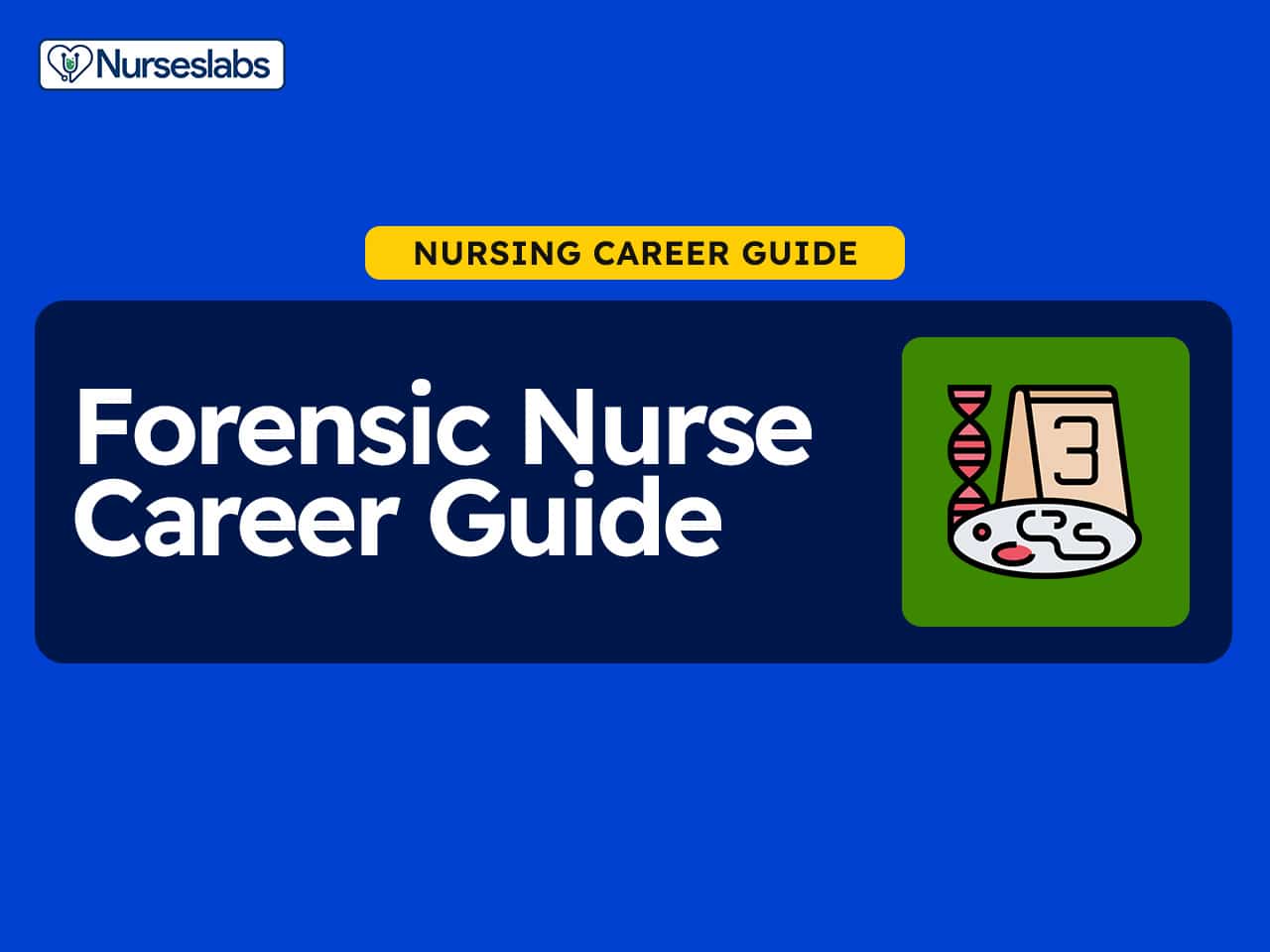

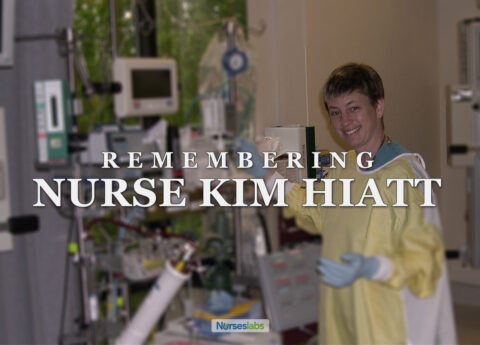
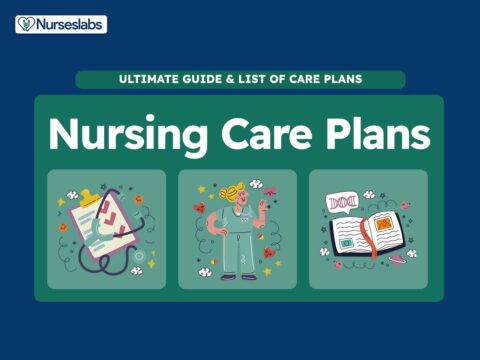
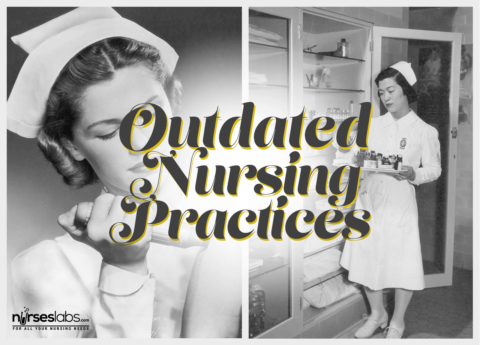
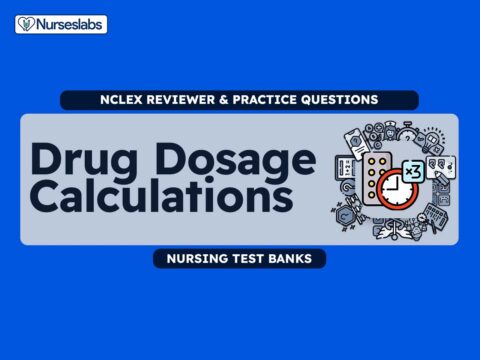
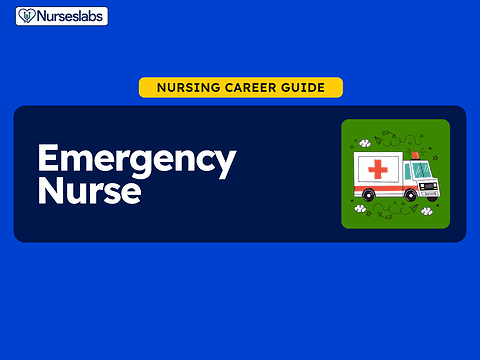
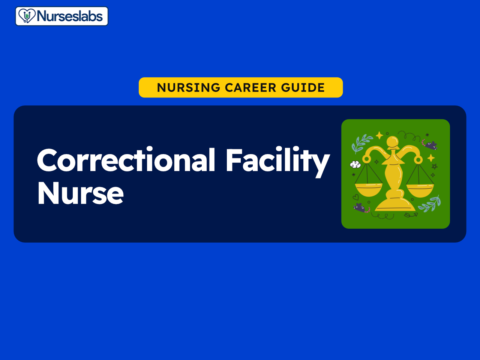
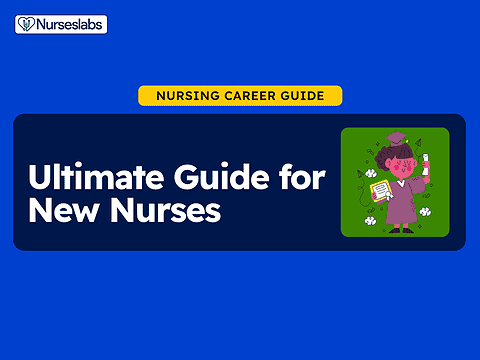
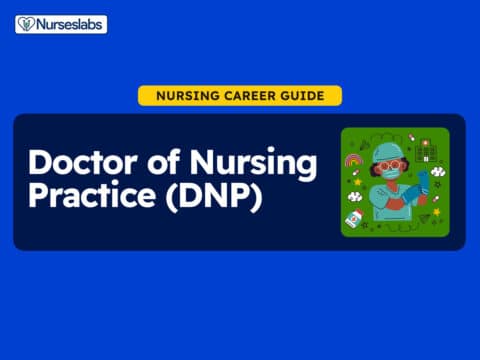
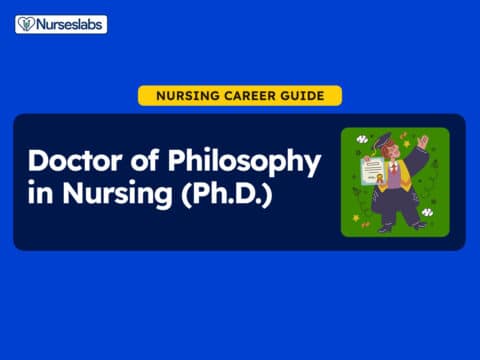
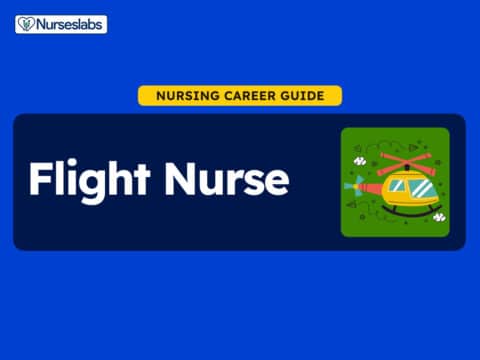
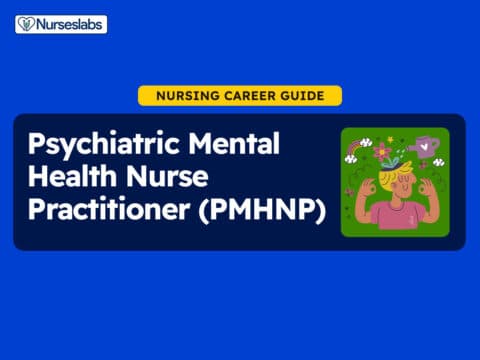
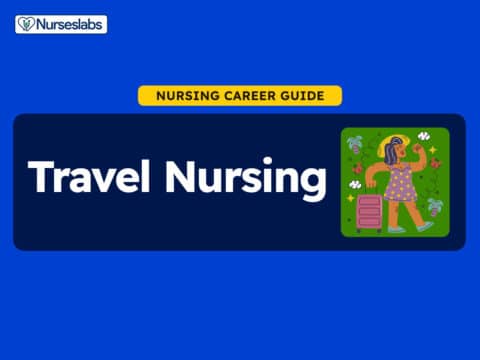
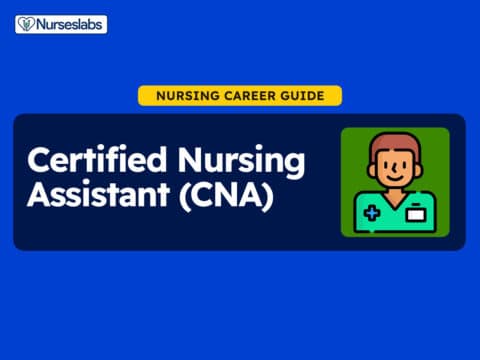
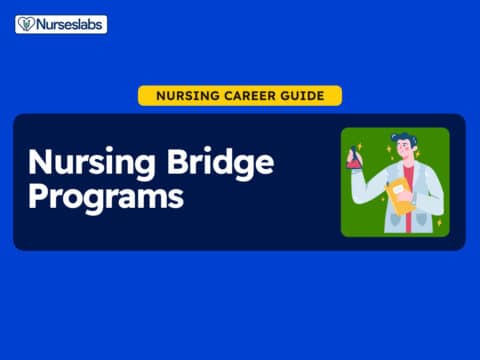
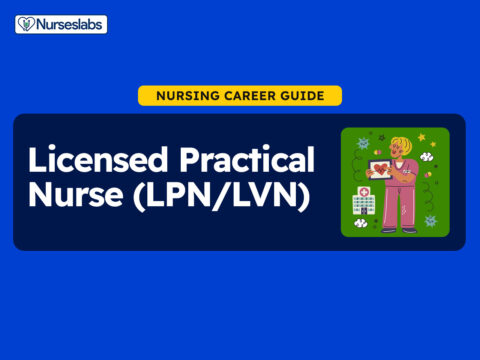
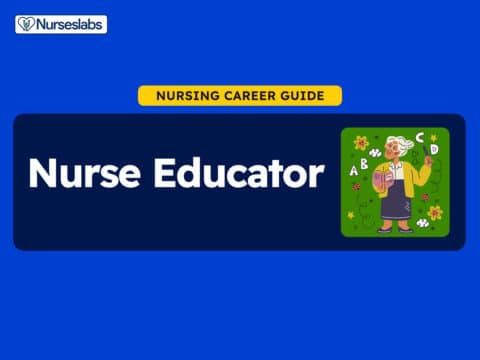
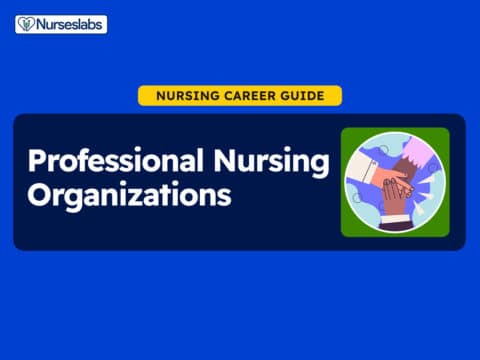
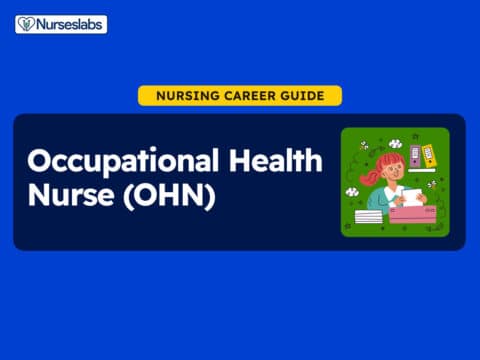
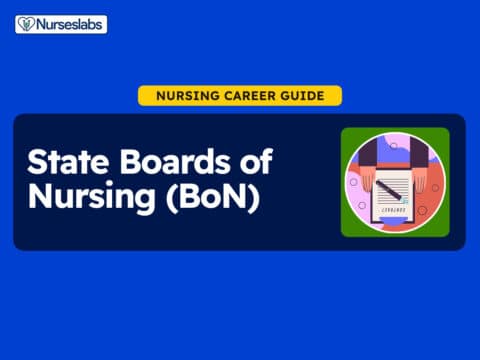
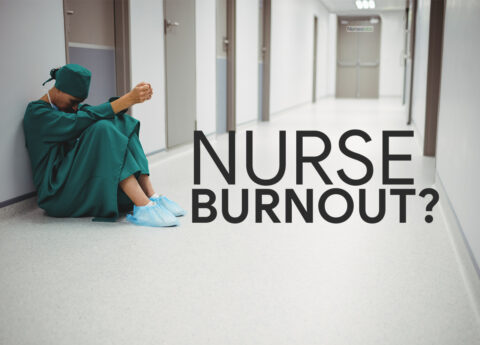
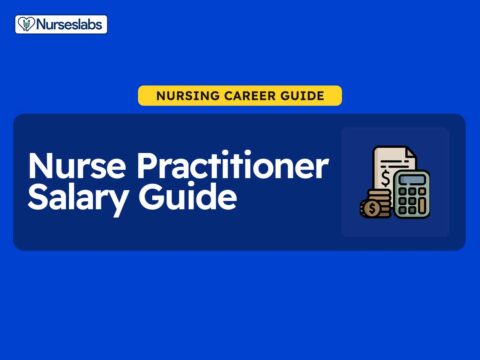
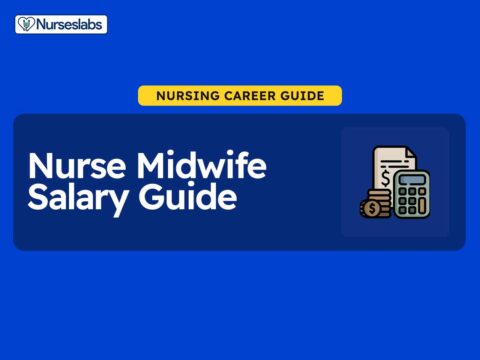
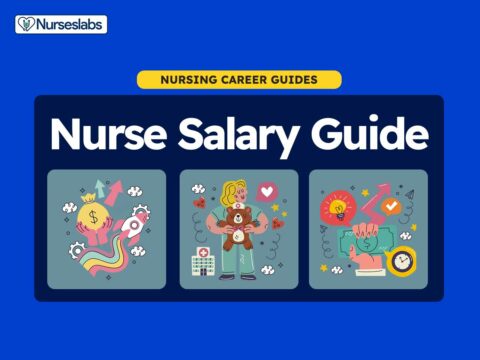
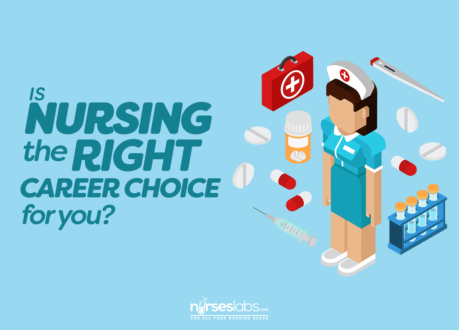
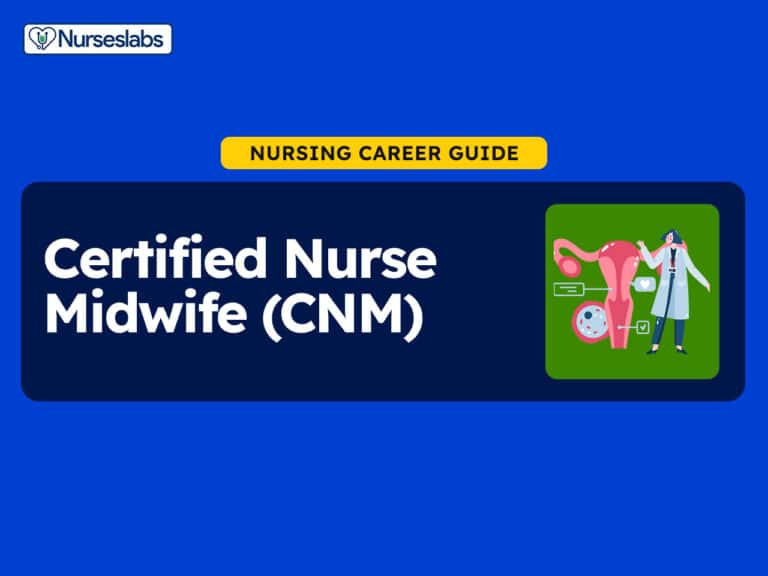
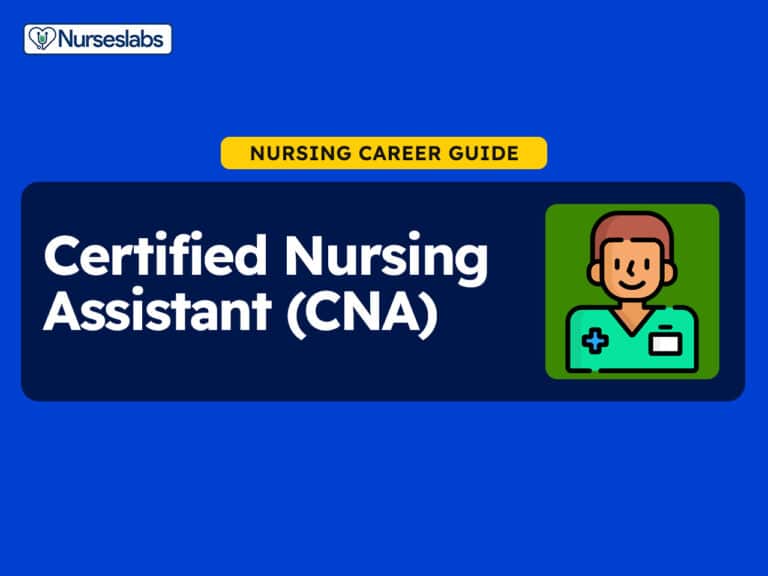

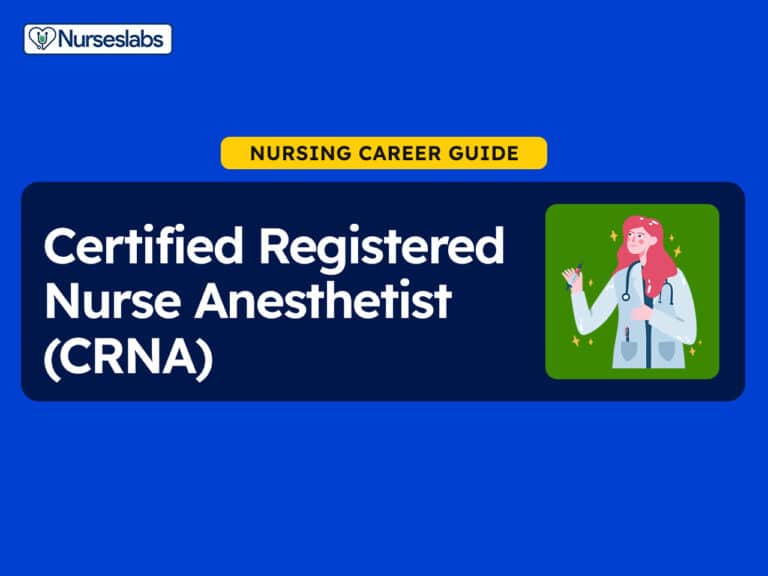
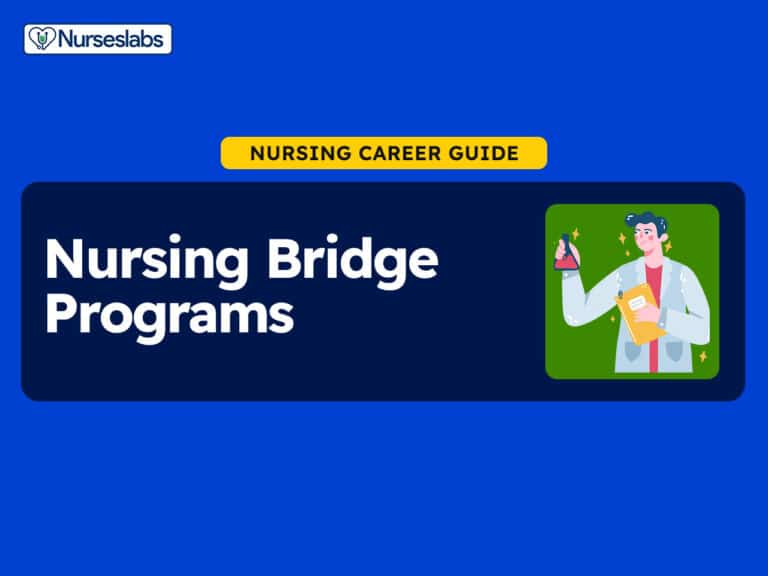
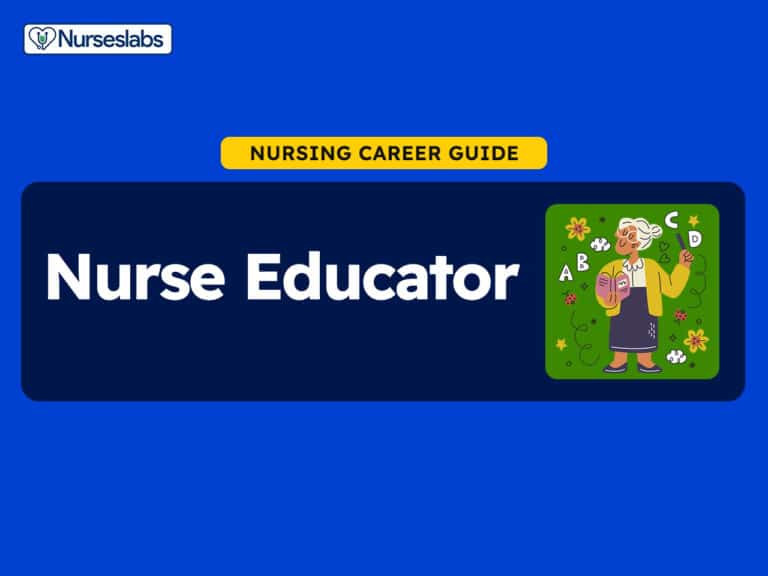
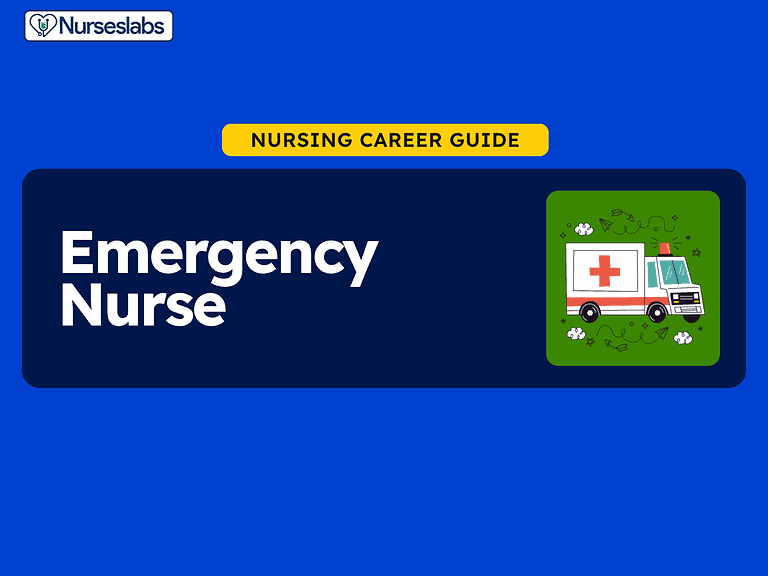
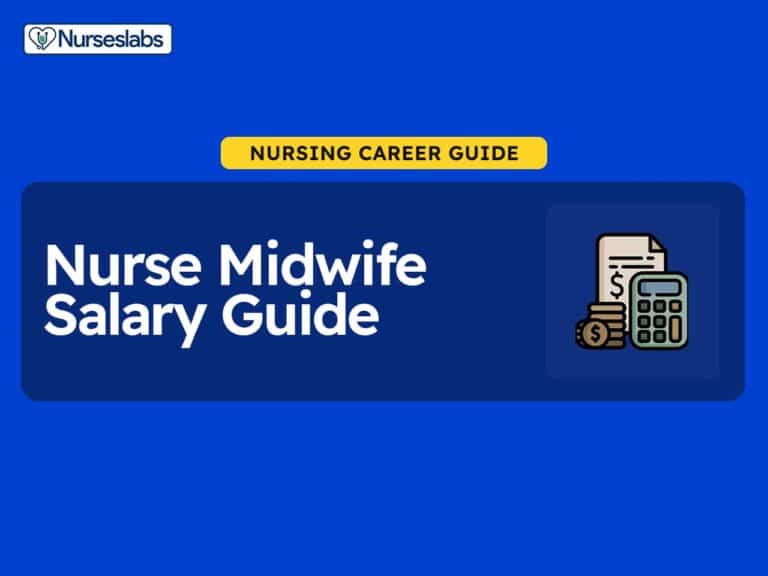
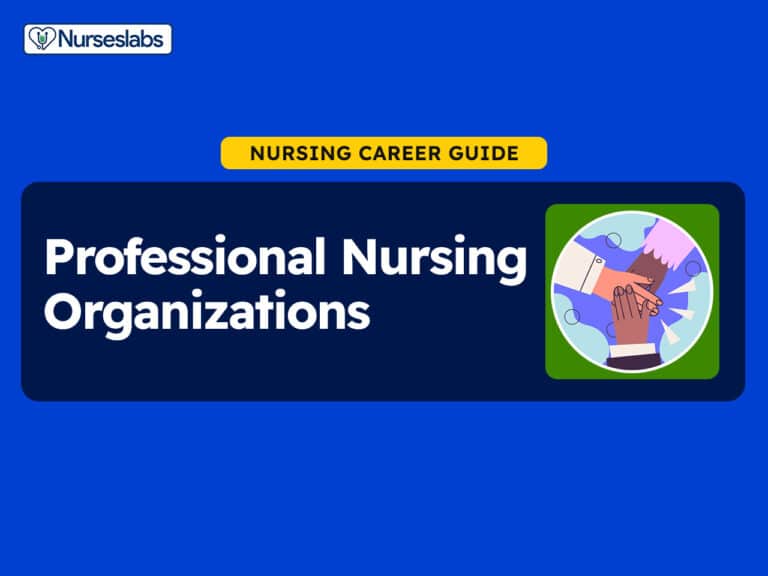
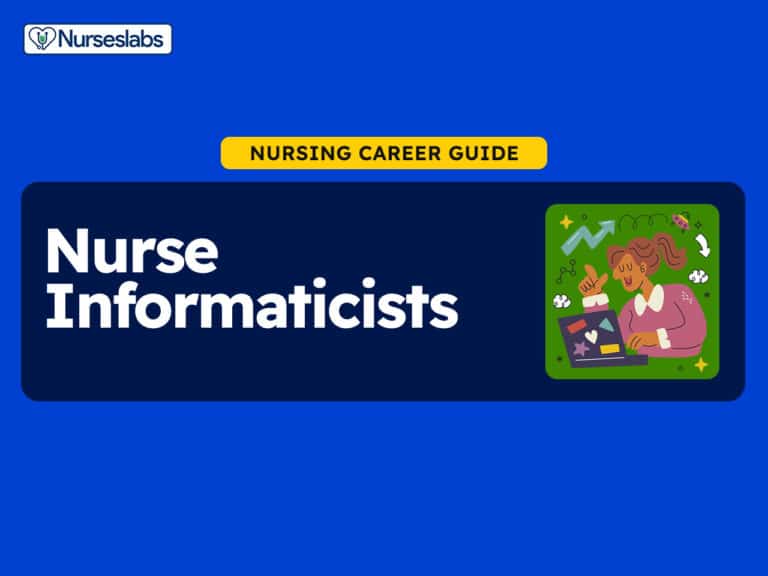
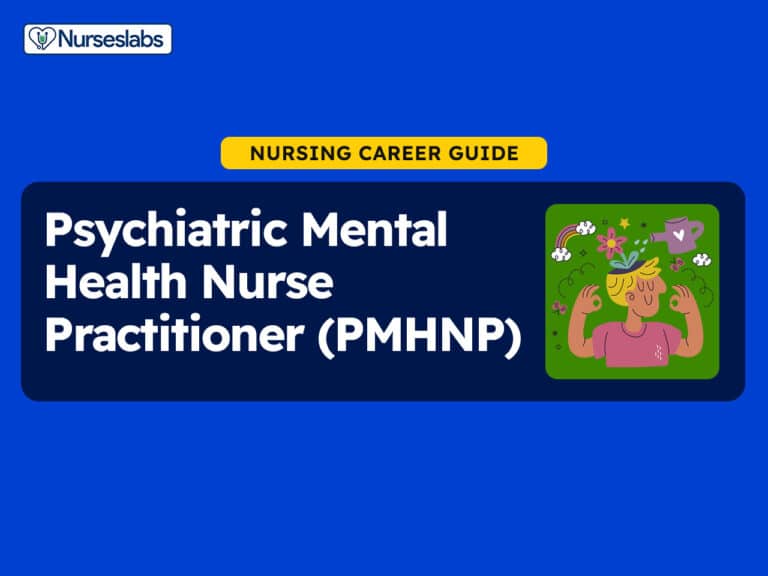
Leave a Comment